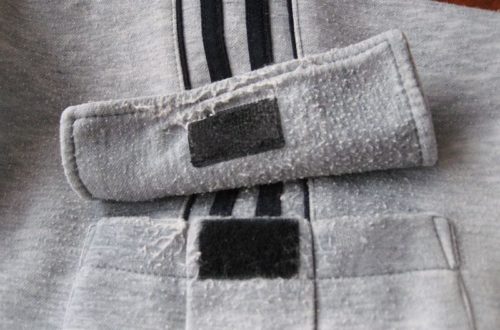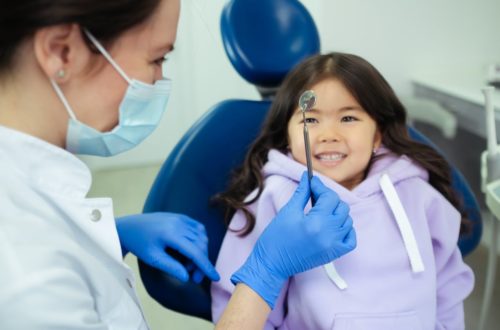PPE for Metalworking: Basics You Need To Know

Metalworking is a fantastic hobby and career choice, but it can also be very dangerous if you don’t follow proper safety practices. This includes wearing the right protective gear. In the metalworking industry, personal protective equipment (PPE) is an essential tool for preventing accidents and injuries. Whether you’re just starting your metalworking career or brushing up on your knowledge, you can find all the basics you need to know about PPE for metalworking in this brief rundown.
Eye Protection
Eye protection is crucial when working with metal, power tools, chemicals, and other machine shop materials. The primary danger to your eyes is flying debris and hot sparks. That’s why safety glasses or goggles are a requirement while working with metal. Choose ones with clear lenses to ensure maximum protection and visibility. Safety eyewear should also fit well and feel comfortable to prevent interference with work.
Hearing Protection
Repeated exposure to loud tools and machinery can cause hearing loss if you’re not careful. Earplugs or earmuffs can help protect your ears from the noise of grinding, welding, and other metalworking operations. Make sure you select hearing protection suitable for the level of noise in your workshop.
Respiratory Protection
Metalworking can create lots of dust, fumes, and other airborne contaminants. Respiratory protection is necessary to prevent inhalation of these substances. Take extra care with metalworking projects that involve grinding, milling, and drilling, as these processes create lots of debris that you can inhale without a respirator or other protection.
Hand Protection
Your hands are among the most vulnerable parts of your body when working with metal, so it’s vital to follow best practices for metalworking hand protection. Wear sturdy gloves that fit properly and are versatile enough to allow you to hold tools and handle materials effectively.
Foot Protection
When it comes to the basics you need to know about PPE for metalworking, you can’t neglect footwear. Steel-toed boots or shoes are essential in machine shops and other industrial environments. This type of footwear can protect you from sharp objects, heavy materials, and other metalworking hazards. Make sure to select shoes that fit well and are comfortable enough to wear for extended periods.
Would you like to receive similar articles by email?





